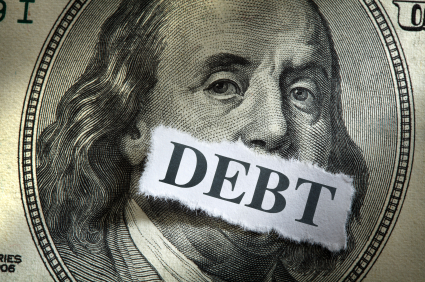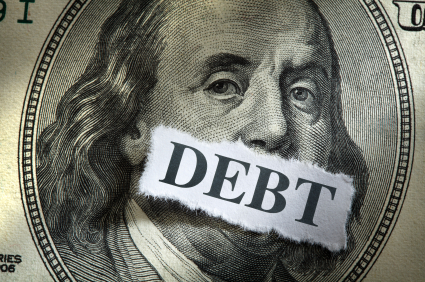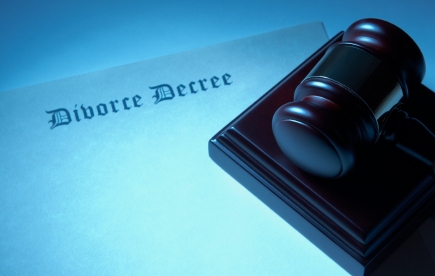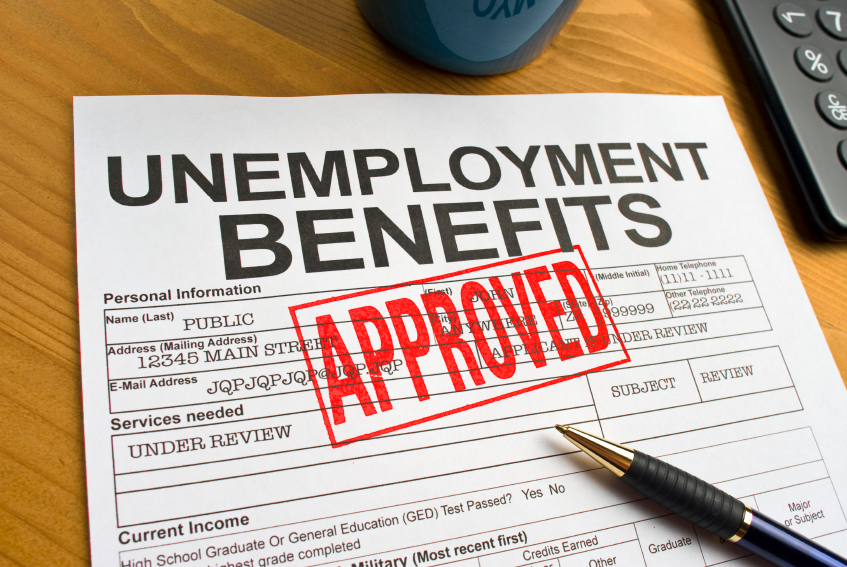Many creditors or debt collectors state that you cannot eliminate a debt in bankruptcy. They need to have a basis to challenge the discharge of a debt.
Bankruptcy Can Help You Avoid a Tax Lien
Filing for bankruptcy can stop a tax lien from being filed by either the IRS or the state.
Pre-Bankruptcy Steps to Take to Eliminate Tax Debt
What pre-bankruptcy steps can you take to eliminate and discharge tax debts from the IRS and state. Filing your taxes on time and avoiding fraud are just a few steps.
Can You Discharge Taxes in a Chapter 7 Bankruptcy?
Are federal income taxes and state income taxes dischargeable in a Chapter 7 bankruptcy. Income taxes can be discharged if they meet certain requirements.
Can You Eliminate a Tax Lien in Bankruptcy?
Does Chapter 7 or Chapter 13 bankruptcy allow you to eliminate a tax lien? Chapter 7 bankruptcy can reduce the value of the tax lien and Chapter 13 bankruptcy can eliminate the tax lien.
Using Chapter 13 Bankruptcy to Repay Your Student Loans
Chapter 13 bankruptcy can help you repay your student loans. If your student loan payments are to high, filing for Chapter 13 bankruptcy can help you lower your payments.
Timeshares and Bankruptcy – What Happens to the Maintenance Fees?
Can you eliminate timeshare maintenance fees that accumulate after the filing of your bankruptcy case. Are post-petition maintenance fees dischargeable.
Is a Property Settlement Agreement Dischargeable in Bankruptcy?
If the debt is a property settlement agreement then you may be able to discharge it in a Chapter 13 bankruptcy. Chapter 13 bankruptcy allows you to discharge property settlement agreements.
Discharging Unemployment Overpayments in Bankruptcy
In bankruptcy you can discharge edd or unemployment overpayments, but you may be subject to a recoupment for the unemployment benefits.








